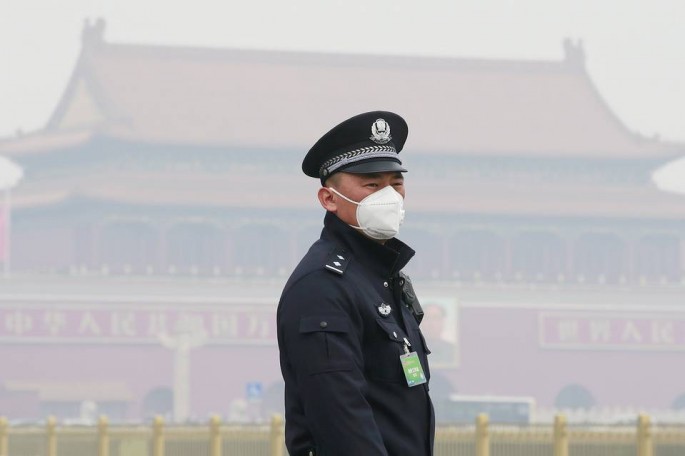China may finally be breathing fresh air as air quality in several of its largest cities has reportedly improved significantly in the first six months of 2016.
According to China's Ministry of Environment Protection, 338 major cities around the country have registered a significant improvement in air quality. In the capital of Beijing, there was a noticeable decrease in the level of PM 2.5, a dangerous pollutant, which fell by 17.9 percent from the levels recorded in the same time period in 2015, Reuters reported.
Previously, Beijing's PM 2.5 concentration was recorded at an average of 64 micrograms per cubic meter. This is almost twice as high as the state-set standard of just 35 micrograms and much higher than the 10 micrograms set by the World Health Organization.
Meanwhile, the various cities along the Yangtze River, including Shanghai, reported that 72.9 percent of the days in the last six months were days with clean air.
The province of Hebei also showed significant progress in its campaign against air pollution. Previously, the province had seven of the country's 10 most polluted cities, but the number has been brought down to just six.
The Chinese government had launched a two-month probe on Hebei's environmental policies at the end of 2015 and found that many companies have defied orders to halt industrial expansion and make way for environmental protection efforts. Some were also found to have engaged in alleged fraudulent activities, Yahoo News reported.
Authorities did not give specific reasons as to what may have brought the improvement, but experts said that the country's current economic slowdown may have contributed.
According to the data gathered by independent non-government organization Berkeley Earth, about 38 percent of China's population breathes air that can be considered as unhealthy by Western standards.
The country is on of the major signatories of the 2015 Paris Climate Change Agreement and has promised to cut down its emissions by 2020.



























